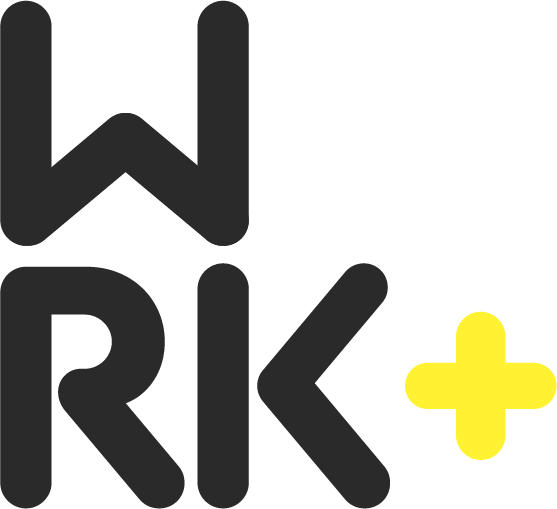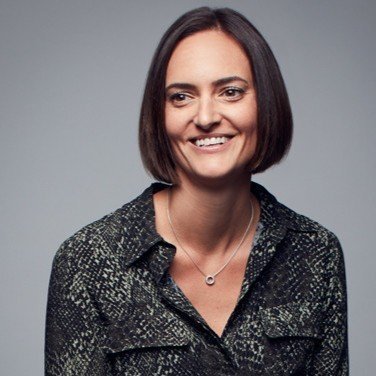Diversity, Inclusion, and Belonging from a candidate perspective.
Interview: Recently Christy Moses, Director, spoke with WRK+ about Diversity, Inclusion, and Belonging from a candidate perspective.
Australian-owned and operated since 2004, Six Degrees Executive is now Australia’s leading specialist recruitment, executive search, and talent consulting agency with offices in Melbourne, Sydney and Brisbane. With deep functional and industry specialisation, the Six Degrees difference has been built around high-touch human connection and long-term relationships with clients, candidates, and industry partners. “Shaping Futures” underpins the values-based purpose and culture at Six Degrees where flexibility, diversity, inclusion, and belonging are supported and encouraged.
Six Degrees Executive is ranked #6 on the 2021 Best Places to Work in Australia list.
Q1.
What are candidates asking their recruitment specialists when they are looking for a new job when it comes to Diversity and Inclusion?
As recruiters, we have some fascinating insights because candidates not only tell us what they are looking for; they also tell us why they are looking to leave their current organisation. More and more, particularly as we move beyond the recent Covid period, we are seeing themes related to company culture, purpose, and values, working conditions and flexibility become more and more topical with the topic of Diversity and Inclusion interwoven into quite a few of these areas.
The most obvious example and one we are seeing with nearly every candidate at the moment is on the theme of workplace flexibility. Workplace flexibility was traditionally focused on as lever or benefit in the D&I conversation specifically focused on the retention and attraction of women with children, as part of the solution to gender balance challenges. We’ve been on track to this evolving more broadly anyway, but Covid has really accelerated the expectation that workplace flexibility should be for everyone. Therefore, flexibility as a benefit has now become an expectation so candidates are now wanting to know more granular detail about D&I initiatives and strategies as part of an overall culture and values assessment of a business. We are actually doing quite a lot of advising to our clients at the moment, in crafting these messages in a compelling way in order to remain competitive.
CHRISTY MOSES, SIX DEGREES
“Nearly every candidate at the moment is focused on the theme of workplace flexibility.”
Q2.
Are you noticing that candidates are asking more about how organisations demonstrate they have a diverse and inclusive culture?
Candidates want to know what organisational make up looks like. Both at an Executive Leadership level as well as what their office/ team make up is, who will they be surrounded with day to day. Gender split is still a very obvious measure and something you can easily see from a leadership team listed on a website, but we are getting more questions about what is “unseen.” So questions on cultural backgrounds, previous industries or work experiences – the more that can be brought to life around an organisation being proactive to diversify their workforce and teams, the better as candidates are increasingly being turned off by going to an interview and feeling the organisation has a “sameness” feeling about it. Candidates are also asking about specific examples of D&I centred events or activities to see how broad the D&I focus is within an organisation.
Candidates don’t necessarily expect every business to have mastered their D&I approach as yet, but they want to see that there is true positive intent (not just a mission statement on a website) and consistency from the business in moving initiatives forward/ in their actions, policies and how they represent themselves in market. Consistency from the recruiters message through to the interview stage when meeting with HR and Line Managers is also key. Where we often see negative feedback is where a message isn’t consistent which signals that the understanding or buy in of D&I initiatives is not fully understood or supported, which is concerning from a candidate’s perspective.
Q3.
Have you noticed changes in the way organisations create their job advertisements to ensure diversity and unconscious bias?
We are definitely seeing an increase in D&I statements on job ads as well as call outs for candidates from marginalised groups to be encouraged to apply. Advice for those who require assistance in an interview process is also becoming more common. It is important to note that before going to the market with major statements around inclusion in the interview process, it is important that the correct internal procedures are in place to manage candidates in line with that message.
In the current talent market, which is extremely tight across most job categories, we at Six Degrees are also encouraging our clients to move away from long-lists of “must have criteria, years of experience and narrow thinking around previous industries or role types” and really brainstorm who out there could do this job- are there other industries/ background types and experiences that could be similar, could be trained into this role and could offer something different to the business- how do we attract these groups of people and re-write our advertising to be more open encouraging a greater pool of applicants who ultimately can also bring something ‘different’ to the business, which in itself contributes to the D&I agenda.
Continue Reading

